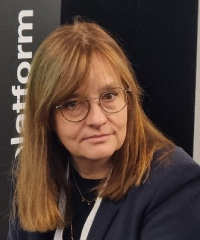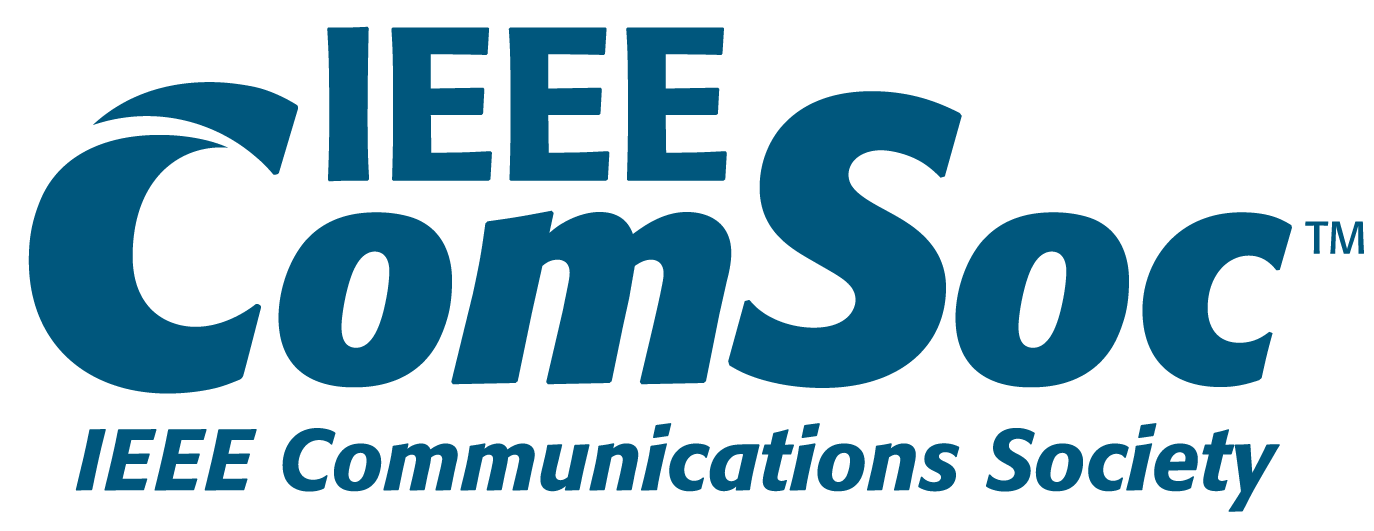1st Workshop on iNtent drivEn autonomouS neTwORks (NESTOR)
Description
The term “intent” in the autonomous network refers to the goal or the objective from the external customers and internal Operation and Management (O&M) personnel, which represents a set of business or operational requirements in the declarative form or even using the natural language. The intent facilitates the users to express their business objectives, business logic, constraints, etc. towards the communication networks; however, it does not specify the detailed implementation way.
Intent driven autonomous networks require an intent processing flow, starting from “natural language” input refining to machine understandable configurations with implementation agnostic “intent primitive”, and then to implement specific “executable policies” and “reliability configurations”. As the system evolves, such intent processing flow should be adaptive to the execution feedback and dynamically changing circumstances.
This releases the customers from the manual effort to manage all technical aspects of network services and reduces the network O&M burden to address potentially conflicting goals, which can provide the users with flexible and reliable network services, realize efficient utilization of network resources, and fully release the network potentials.
The workshop aims to bring together researchers from both academia and industry to investigate challenging aspects in intent-driven management for the 5G and the future 6G systems, as well as to identify future research directions. Open issues and key innovations will be discussed for aspects related to Intent-based network management.
NESTOR Workshop – Keynote
Title: What can knowledge injection bring to intent-based networking?
Abstract: Previously limited to software-defined networking, with the new opportunities brought by recent developments in artificial intelligence, the concept of intent-based network management has moved up the telecommunications layers to be applied up to the business layer. Various standards address the topic specifying models, ontologies, general principles of intent-based management. Yet to achieve its goal of simplicity, easiness of access to the networking technologies, intent-based network management may need to change the paradigm of independent protocol layers and ensure that each layer benefits from knowledge injection about its potential requesters. This can be particularly illustrated in the case of vertical domains applications. To be able to scale the intent-based network management needs the ability to define the type of domain-specific knowledge it needs and how to automate its learning. In this way, the network will also provide an extra layer of expertise allowing the verticals business to better reach their goals.

Sylvaine Kerboeuf
(Nokia Bell Labs, France)
Bio: Sylvaine Kerboeuf is a senior researcher and Distinguished Member of Technical Staff in the “Network Architecture lab” of Bell Labs Core Research, part of Nokia Bell labs. She has researched and applied breakthrough concepts in wireless network architectures, network management and automation, mobile video delivery optimization, and optoelectronics with 25+ years of experience. Since 2015 her research interests include 5G/6G network architectures, dynamic 5G network slicing and cross-slices resource allocation, future network orchestration frameworks, and intent-based network management automation.
She is currently coordinating the Influence project, a French-funded project within the France 2030 framework on intent-driven exposure and automated service fulfillment and assurance. She is also leading the E2E system work package within the Hexa-X-II project, the 6G flagship project under the Smart Networks and Services Joint Undertaking (SNS JU) EC funding program. She has authored papers in international conferences and journals and holds several active patents with Alcatel-Lucent and Nokia. Sylvaine holds an M.S. degree in physics and a Ph.D. in solid state physics from Paris Sud University, Orsay France.
NESTOR Workshop – Invited Presentation
Title: Invited Presentation: ETSI NFV activities on Autonomous Networks
Abstract: ETSI ISG NFV embraces autonomous network-related work from Release 4 (2019) on, and works closely with other SDOs (either inside ETSI or outside ETSI) for promoting the improvement of automation levels for a management domain (i.e., NFV-MANO). This presentation gives an overview on applying autonomous network-related concepts, mechanisms and functionality in NFV-MANO, including NFV intent management, as well as prospects to future work in this area.

Haitao Xia
(Huawei, China)
Bio: Huawei senior standard expert, with professional experience of 4G/5G standardization for over 15 years, intensively involved in ETSI and 3GPP standard activities. Currently served as ETSI ISG NFV IFA working group chair, promoting release version delivery for NFV evolution towards telco cloud native.
Program
| Nestor | |
|---|---|
| 9:15 – 9:20 | Welcome |
| 9:20 – 9:50 | Invited Presentation: ETSI NFV activities on Autonomous NetworksSpeakers: Haitao Xia (Huawei, China) |
| 9:50 – 10:20 | Keynote: What can knowledge injection bring to intent-based networking?Speakers: Sylvaine Kerboeuf (Nokia Bell Labs, France) |
| 10:20 – 10:45 | Knowledge Driven Policy Management for Autonomous NetworksSpeakers: Lingli Deng (China Mobile, China) |
| 10:45 – 11:15 | Coffee Break |
| 11:15 – 11:40 | Intent Negotiation Empowers Advanced Operations for the Intent-Driven Autonomous NetworkSpeakers: Jinguo Zhu (ZTE, China); Pengxiang Xie and Manchang Ju (ZTE Corporation, China); Lingli Deng, Keguang He and Kaixi Liu (China Mobile, China) |
| 11:40 – 12:05 | Towards Intent-Based Scheduling for Performance and Security in Edge-To-Cloud NetworksSpeakers: José Santos (Ghent University – Imec, Belgium); Eddy Truyen (KU Leuven, Belgium); Christoph Baumann (Ericsson AB, Sweden); Filip De Turck (Ghent University – imec, Belgium); Gerald Budigiri and Wouter Joosen (KU Leuven, Belgium) |
| 12:05 – 12:30 | A Declarative Reasoning Approach to Conflict Management in Intent-Based NetworkingSpeakers: Jacopo Massa, Stefano Forti, Federica Paganelli, Patrizio Dazzi and Antonio Brogi (University of Pisa, Italy) |
| 12:30 – 12:45 | Conclusion/Closing |
Organizers
- Lingli Deng, China Mobile, China (denglingli@chinamobile.com)
- Bruno Chatras, Independent Expert, France (brunochatras@gmail.com)
- Kostas Katsalis, DOCOMO Euro-Labs, Germany (katsalis@docomolab-euro.com)
- Uwe Rauschenbach, NOKIA, Germany (uwe.rauschenbach@nokia.com)
Technical Program Committee members
(following the alphabetical order)
| Name | Affliation | |
| 1 | Bruno Chatras | Independent Expert |
| 2 | Chungang Yang | Xidian University, China |
| 3 | Daniel Camps | I2cat, Spain |
| 4 | David Blaisonneau | Orange |
| 5 | Eric Debeau | Orange |
| 6 | Henry Yu | Huawei Canada |
| 7 | Hui Deng | Huawei Technologies, China |
| 8 | Jingyu Wang | Beijing University, China |
| 9 | Joan Triay | DOCOMO Euro-Labs, Germany |
| 10 | Konstantinos Kousias | University of Oslo, Norway |
| 11 | Kostas Katsalis | DOCOMO Euro-Labs, Germany |
| 12 | Lingli Deng | China Mobile research Institute, China |
| 13 | Pedro Braconnot Velloso | CNAM, France |
| 14 | Spyros Denazis | University of Patras, Greece |
| 15 | Uwe Rauschenbach | Nokia, Germany |








